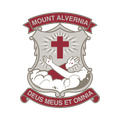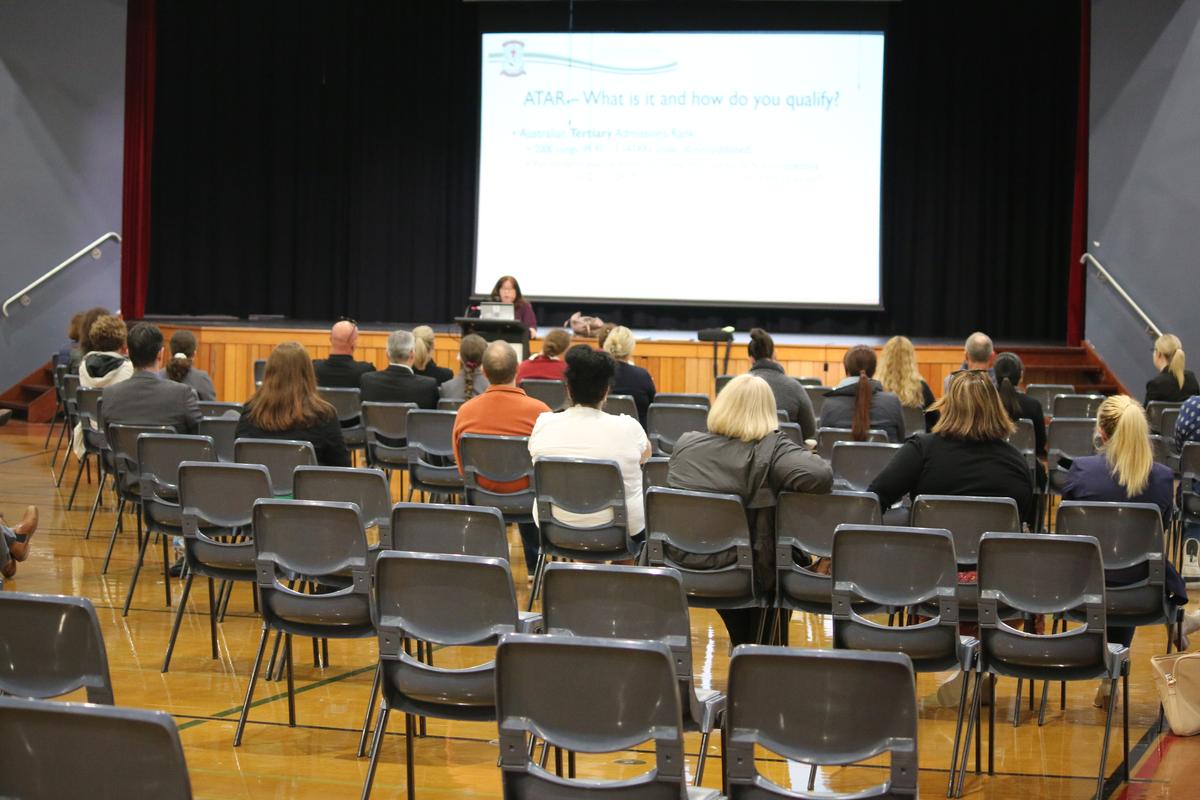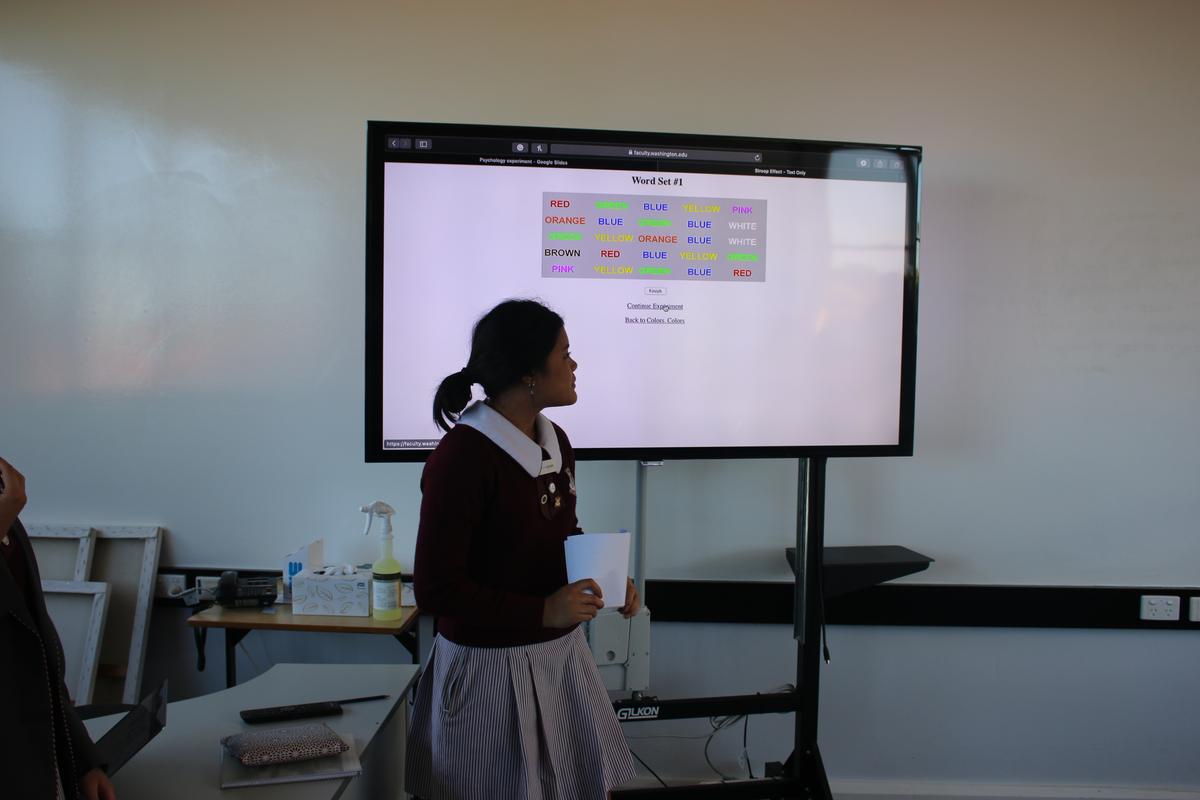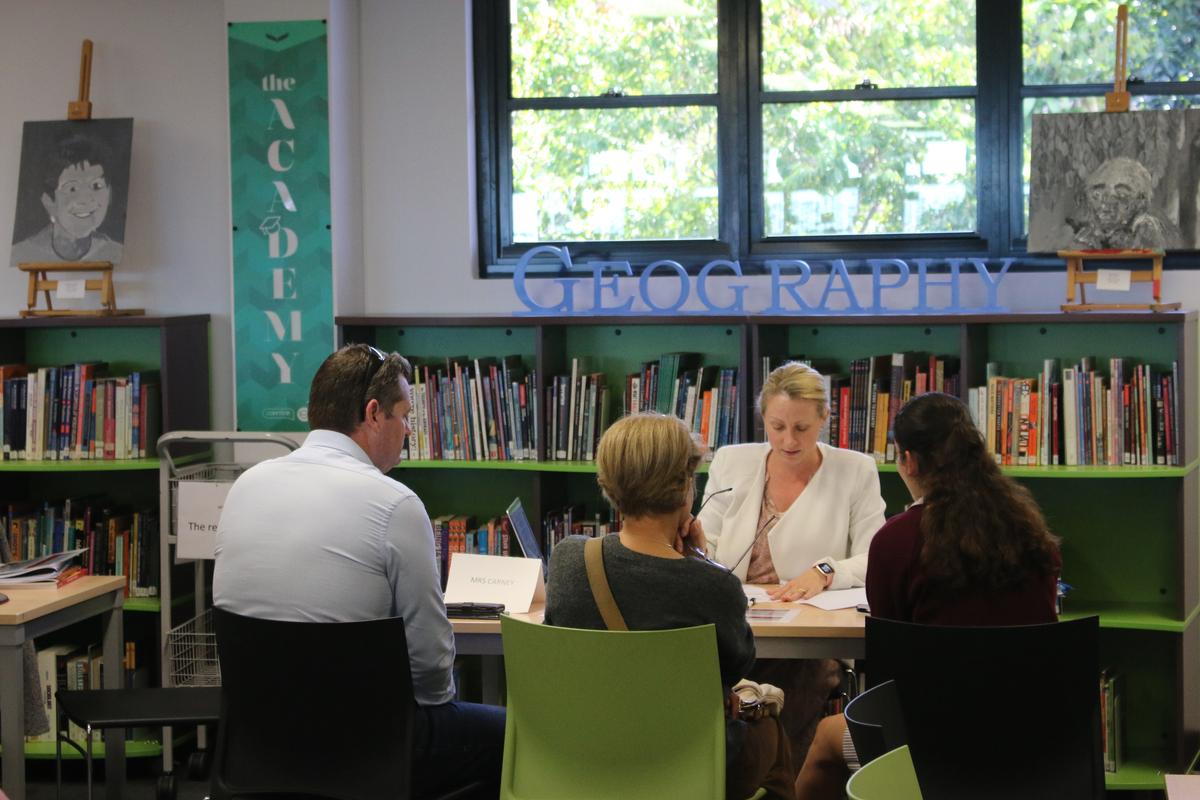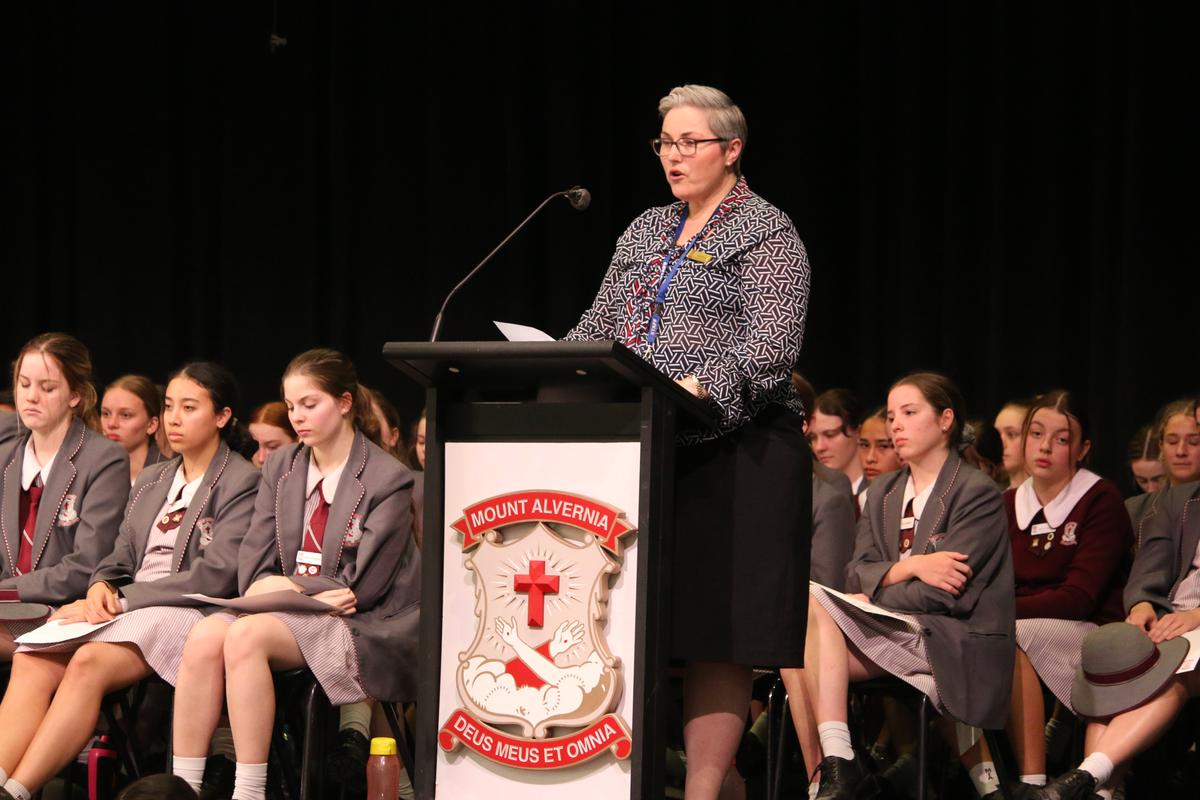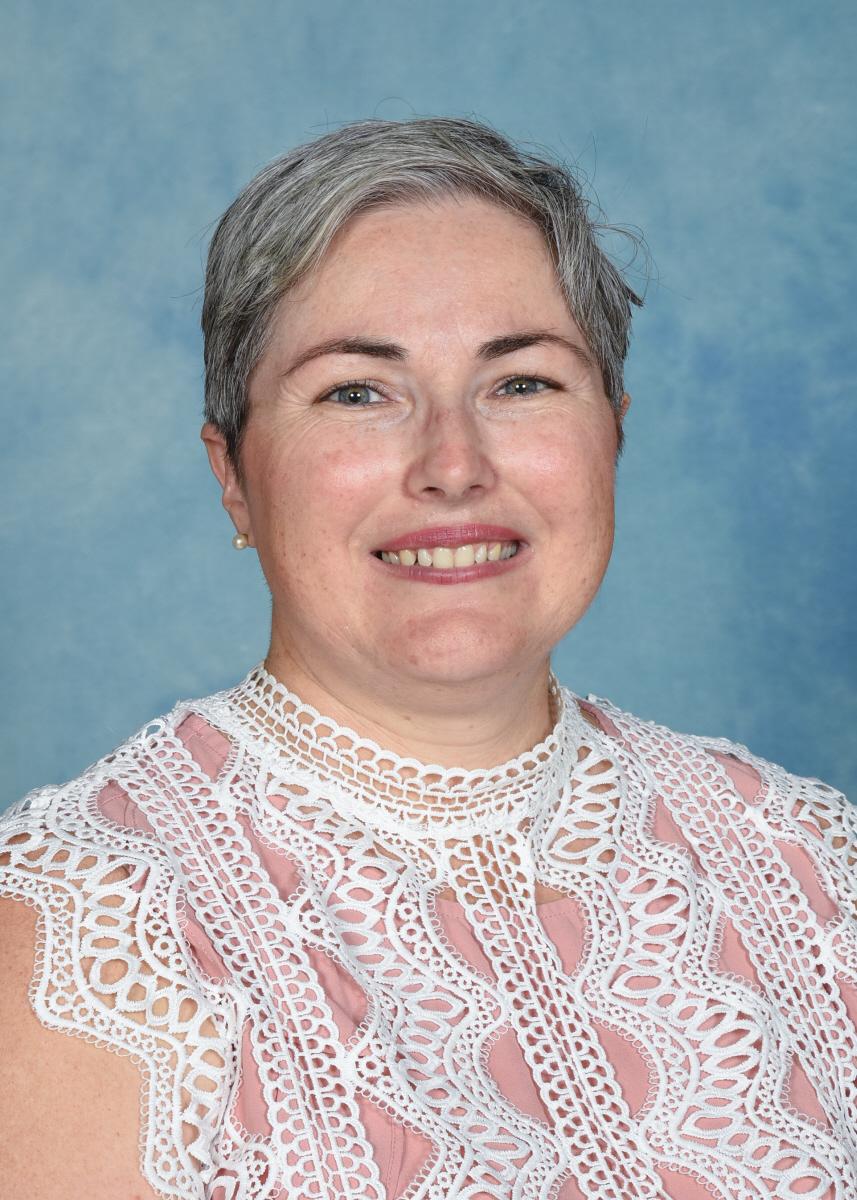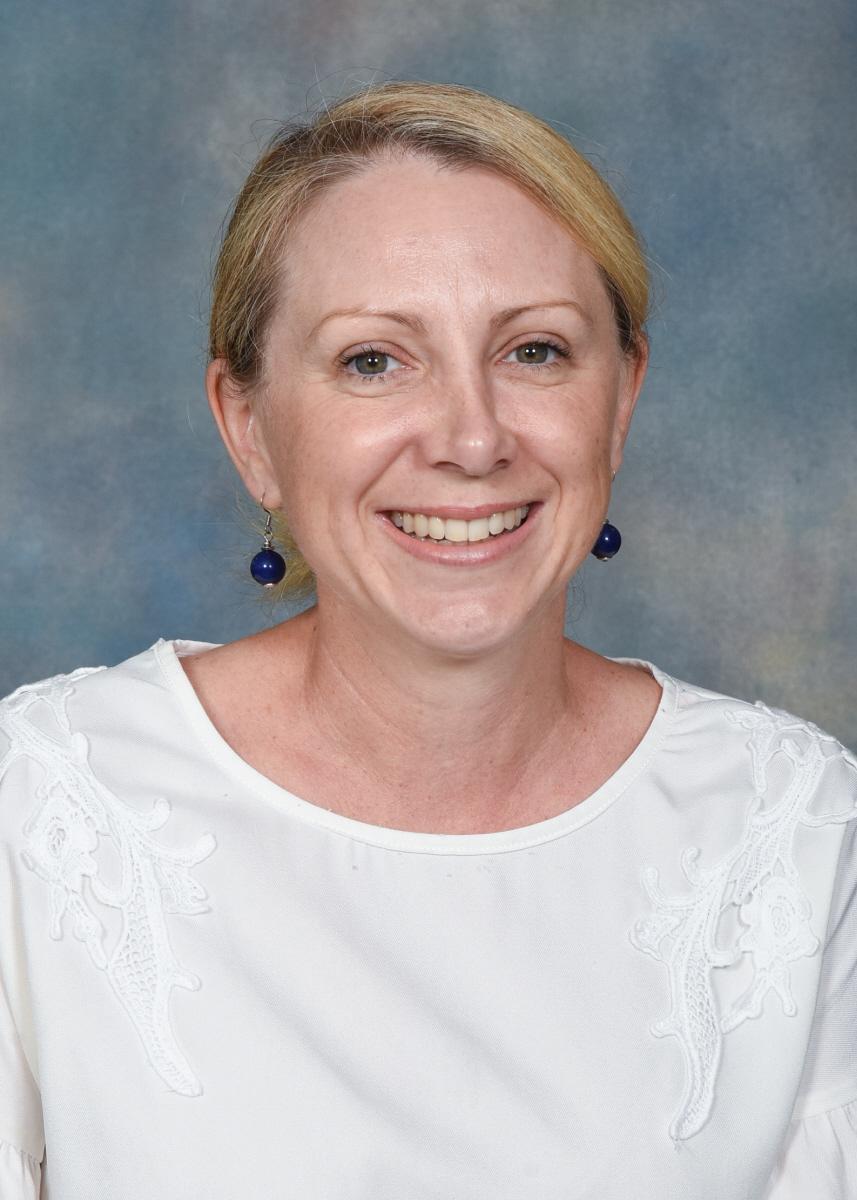Teaching and Learning Guardians
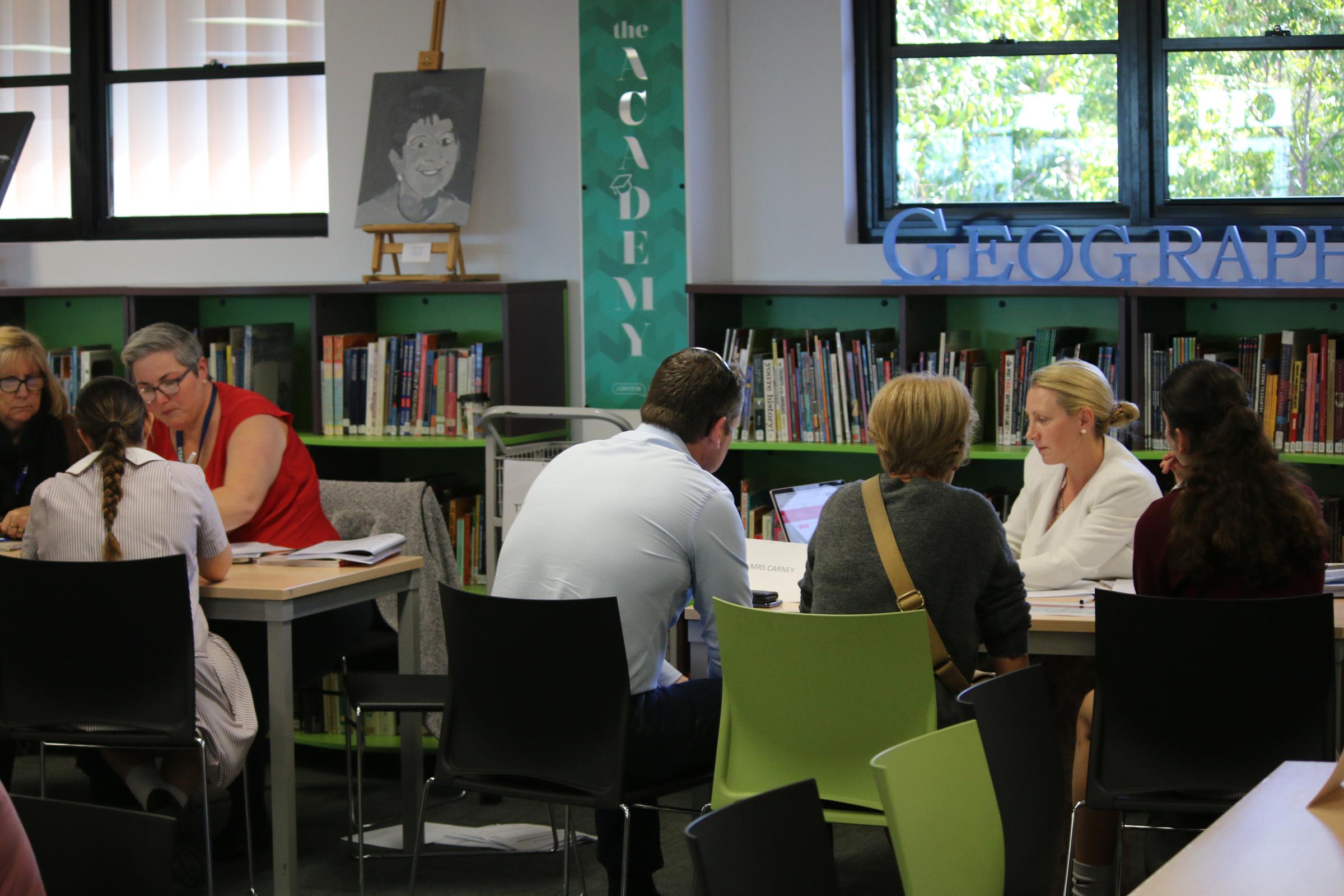
Come to the Table
In community, ‘the table’ has always been a symbol of many things: the place where we nourish ourselves, where we come together, celebrate important milestones, share experiences, and create new understandings. Christ gathered at the table with his apostles; the Knights of the Round table gathered at the table; and in business and politics, ‘coming to the table’ means forming consensus and agreement.
As Teaching and Learning Guardians of Mount Alvernia College we have the pleasure of ‘coming to the table’ in many ways with many in the community. We begin this through collaboration with our Learning Area Advisor colleagues in sharing the learning characteristics specific to students in our respective schools, and collaborating on data-informed pedagogical approaches across subjects within learning areas. Informed by this, students across Francis, Clare, and Elizabeth Hayes Schools this term have joined us at the table, focused on achieving their collective and personal academic best through the following initiatives:
- Individual Mentor meetings - ongoing meetings with students from Years 9 to 12 supporting students to track and monitor QCE progress and pathway management
- Cohort Data presentations with Teaching and Learning teams – High impact study strategies and goal setting, eg Years 7 and 8 have taken on Cornell Note taking, Years 11 and 12 have investigated 'Interleaving and Spacing’ and ‘Elaborative Interrogation’.
- Subject Selection evenings for students in Years 7 to 10, led by the Deputy Principal – Teaching and Learning, Kath Little, and the Teaching and Learning team.
- Elizabeth Hayes Studies (Years 11 and 12) – the provision of additional subject tutorials in Psychology, English, Design, and Humanities, in addition to Careers information sessions.
- SET Planning – Year 10 students and families met with members of the College Leadership team, Program Leader – Careers, the RTO Manager, Clare School Pastoral Guardians, and the Teaching and Learning Guardians to discuss post-school aims, pathway options, and subject selection for the Senior Years.
- Academic Assembly – Award recipients in the Gold, Silver, and Bronze categories were acknowledged and celebrated for their academic achievement and engagement.
This partnership between parents, students, teachers, and the College’s leaders in the Teaching and Learning team is critical to having aspirations become reality for students. However, research in the art of conversation, originally conducted at Stanford University, first referred to as ‘politeness theory’, also applied to communications within school communities, has revealed the challenges with such conversations. While most would surely endorse politeness, tact, and diplomacy, this research warns of the risk of conversations where speakers “seek agreement … by choosing safe topics and using repetition … [or by seeking] to avoid disagreement … by employing a token agreement, a pseudo-agreement … or hedging an opinion”. Politeness and respect is important, but so is too is authenticity and truthfulness. The combination of these attributes allows for robust, honest conversation, which moves outcomes forward and creates opportunities for students.
Such conversations might sound like…
Students:
“Seeing our cohort data was really interesting … I wonder if… Should I send an email to my TLG to discuss managing my study plan?”
“Why do you think there has been a shift in our cohort GPA … what can I do about that?”
“I thought all of my results were dropping, but meeting with my TLG has helped me see strengths and weaknesses. Now I have some actual strategies to trial”.
Parents:
“You have mentioned the term _________, can you help me understand that further?”
“How can we support that at home?”
“Can we revisit this after the next Unit results come in, to establish if there has been a shift in some areas on the ISMG/criteria sheet?”
Teaching and Learning Team members:
“Tell me more about what that looks like for you in the classroom.”
“What is the relationship between this data and your experiences as a learner?”
“What can you share that helps us build a profile of your daughter as a learner?”
The end goal, when community members walk away from the table, is to leave with a common purpose, collective goals, and a shared understanding of the College-wide and subject-specific pedagogical approaches which work to build capacity in students. So, as we move into the second half of 2020 at Mount Alvernia College, we welcome you to join us at the table.
Kate Pacey and Sacha Carney
